Dong Quai Tincture
$18.00 – $32.00 — or subscribe and save 5%
Dong Quai has been used historically in Traditional Chinese Medicine. Dong Quai likes to work in collaboration with other herbs. Women enjoy its benefits for their specific health issues.
Description :
Native to China, Japan, and Korea, Dong Quai is a small perennial that grows up to three feet in height. In the summer, it produces umbrella-shaped clusters of small, sweet-smelling flowers. It is native to high altitude regions growing best in cold, damp areas. The flowers are very attractive to bees and other helpful insects. Dong Quai, was used in Ayurvedic Medicine and often taken internally as tea or tincture to help with the symptoms of menopause.
History and Folklore:
Dong Quai is considered an important botanical in Asia, where the herb has been used for thousands of years. According to an ancient Chinese folktale, when a plague was ravaging China, a monk had a vision of an angel who told him how to use Dong Quai to cure the plague.
Cultivation and Harvest:
Harvest the root in the fall from plants aged at least 3 years. Dried herb can be used in teas and tinctures.
Precautions:
Do not use if pregnant or nursing. Dong Quai should not be used with blood thinners.
Traditional Herbal Actions:
analgesic, antispasmodic, laxative, antiseptic, diuretic, diaphoretic, expectorant
Other Names:
Chinese Angelica, Female Ginseng, Women’s Ginseng, Danggui, Danngui, Dong Qua, Tang Kuei, Tang Kwei, Doong Quai, Qingui, Yungui, Kara Toki, Min-gui, Tan Kue Bai zhi
Tincture Ingredients: Dong Quai (Angelica sinensis)
*These statements have not been verified by the FDA and is only referenced here as a fun fact and/or for historical commentary, is not to be used as medical advice in any way. Consult your doctor before ingesting any herbal product.
None of these items or statements are approved by FDA. Consult your physician before taking any supplement. Do not take herbs or tinctures during pregnancy without consulting your healthcare provider. This product is not intended to diagnose or treat any disease. All information here is for entertainment and educational purposes only.
| Weight | N/A |
|---|---|
| Dimensions | N/A |
How to Take Herbs - Product Forms and Suggested Servings
Product Forms
Most HomeGrown Herbalist products are sold in three forms: powders, tinctures and capsules. People often ask which form is best. The truth is, it matters very little how we get herbs into our body but there are some advantages to each form.
Powders: Powders are the least expensive form. Powders can be made into teas or tinctures or you can just put the powder into a little juice or water and drink it.
Tinctures: Tinctures are alcohol extracts of herbs. They act a little more quickly in the body and are very portable. Tinctures can be taken alone or mixed with a little juice or water.
Capsules: Capsules are my least favorite form personally. I believe that many herbs are more effective if capsules aren't used. Click here to read a blog article on Capsules
Any of the above forms can be mixed with your morning smoothie or with yogurt, apple sauce etc... Tinctures mix really well with these products: Barleans Seriously Delicious Omega-3 Fish Oil. This is a great way to get tinctures into those who are sensitive to yucky herb flavors.
Recommended Servings for Humans
For chronic or maintenance issues, twice daily is usually sufficient. For acute situations, dosing can be done more frequently.
Herbs and Adults
Powders for Adults: 1-2 rounded teaspoons 2-3 times daily.
Tinctures for Adults: 1/4 to 1 teaspoon 2-3 times daily.
Capsules for Adults: 4 capsules 2-3 times daily.
Herbs and Children
Don't use herbs in children without consulting a physician. When I do use herbs for children, I dose them based on weight compared to an adult...1/2 an adult...1/3 of an adult etc...
Herbs and Pets
All of our formulas were created so that they could be used in either humans or in dogs, cats and livestock. Most dogs will eat herbs willingly if the powdered form is mixed with a little wet food. Tinctures can also be used. Cats are often very resistant to taking herbs willingly. For chronic or maintenance issues, twice daily is usually sufficient. For acute situations, dosing can be done more frequently.
Powders for Pets
Under 10 Pounds: 1/8 teaspoon twice daily
10-20 Pounds: 1/4 teaspoon twice daily
20-40 Pounds: 1/2 teaspoon twice daily
40-60 Pounds: 3/4 teaspoon twice daily
Over 60 Pounds: 1 rounded teaspoon twice daily
Tinctures for Pets:
Under 10 Pounds: 3 drops twice daily
10-20 Pounds: 5 drops twice daily
20-40 Pounds: 10 drops twice daily
40-60 Pounds: 20 drops twice daily
Over 60 Pounds: 30 drops twice daily
Capsules for Pets:
Under 10 Pounds: 1/4 capsule twice daily
10-20 Pounds: 1/2-4 capsule twice daily
20-40 Pounds: 1 capsule twice daily
40-60 Pounds: 2 capsules twice daily
Over 60 Pounds: 3 capsules twice daily
Dosing for Livestock:
Powders for Livestock:
Smaller animals: dose by weight as if they were pets
100-200 Pounds: 1 rounded tsp 2-4 times daily
200-400 Pounds: 2 rounded tsp 2-4 times daily
Adult Horses and Cattle: 1-2 tablespoons 2-4 times daily
Tinctures for Livestock:
Smaller animals: dose by weight as if they were pets
100-200 Pounds: 1 tsp 2-4 times daily
200-400 Pounds: 2 tsp 2-4 times daily
Adult Horses and Cattle: 5 cc 2-4 times daily
1 review for Dong Quai Tincture
Only logged in customers who have purchased this product may leave a review.
The HomeGrown Approach - What Makes us Different?
Many of our Herbal Products are created with herbs that are grown right here! Of course there are many plants that are outside the scope of our ability to grow in Idaho, due to either climate or quantity requirements. So when we need to supplement our growing efforts, we purchase only the finest product from quality, growers that we trust! All of our Single Herb Tinctures are made right here at our own facility with a single plant.
Our plants are grown, weeded, harvested and processed by caring herbalists filled with healing intent, not by machines. HomeGrown plant harvesting is timed for maximum potency...not the day the combine is scheduled. - Only the most medicinal portions of the HomeGrown plants are utilized for medicine making. - No pesticides, herbicides or artificial fertilizers of any kind are used in our herb gardens. HomeGrown wildcrafted herbs are ethically collected and identified by experienced herbalists, not minimum-wage, apathetic employees.
Yeah, we might be crazy to go to all the trouble when we could import material from Bulgaria for a tenth of the price, but we have experienced the difference in the quality of the end product. We are confident that when you use our HomeGrown herbals, you WILL see what all the fuss was about!




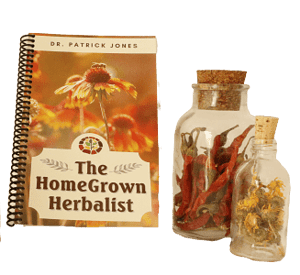

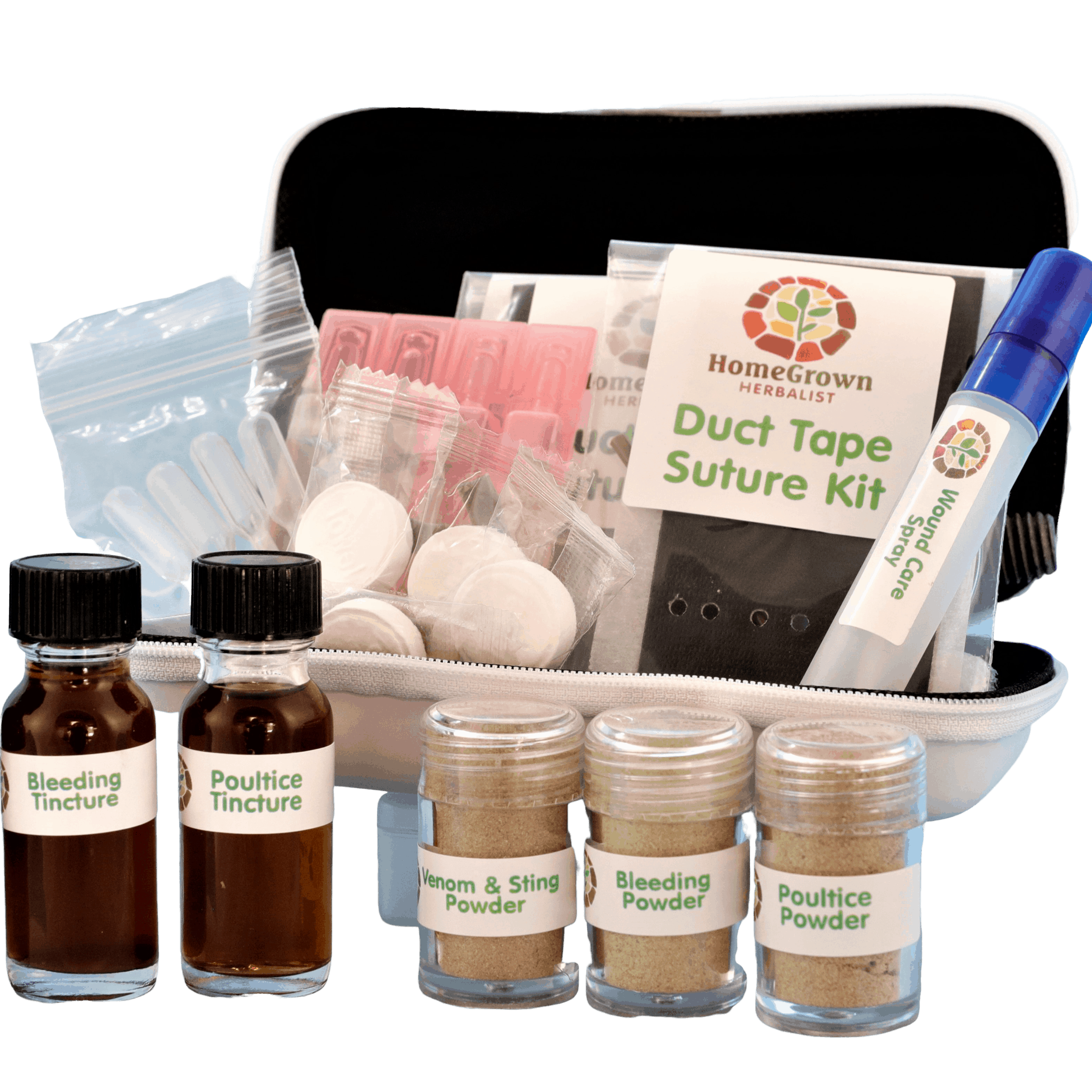
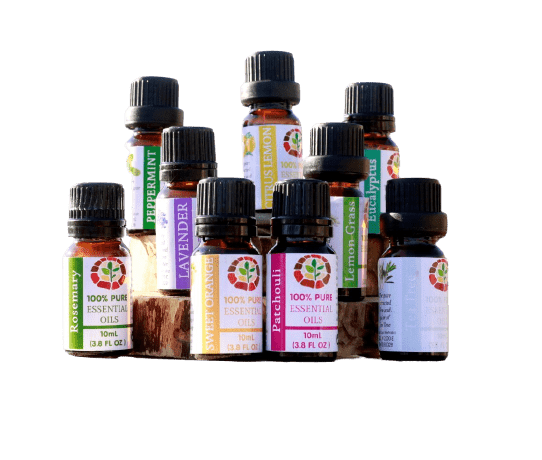
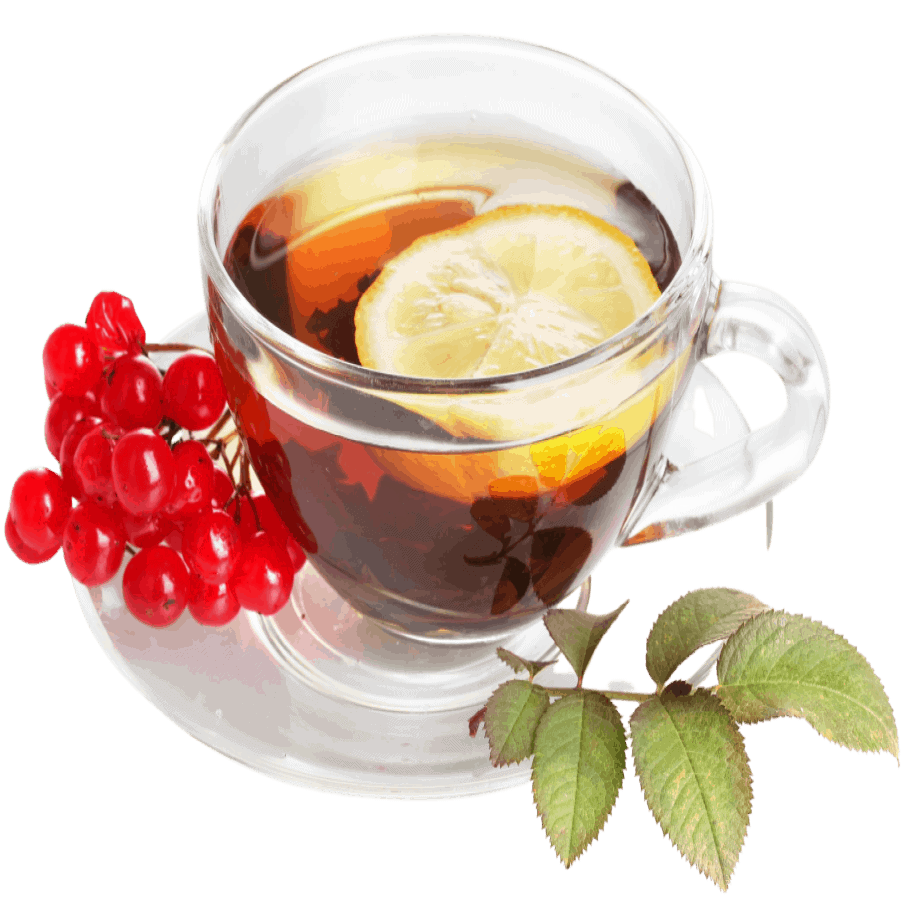
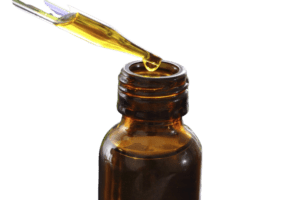
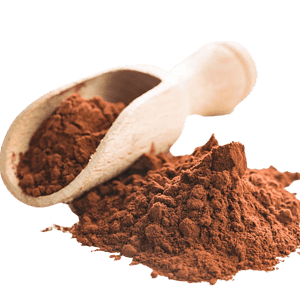
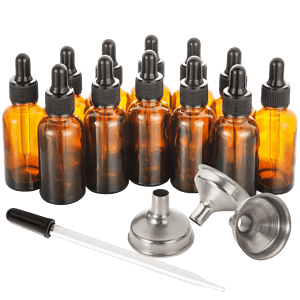

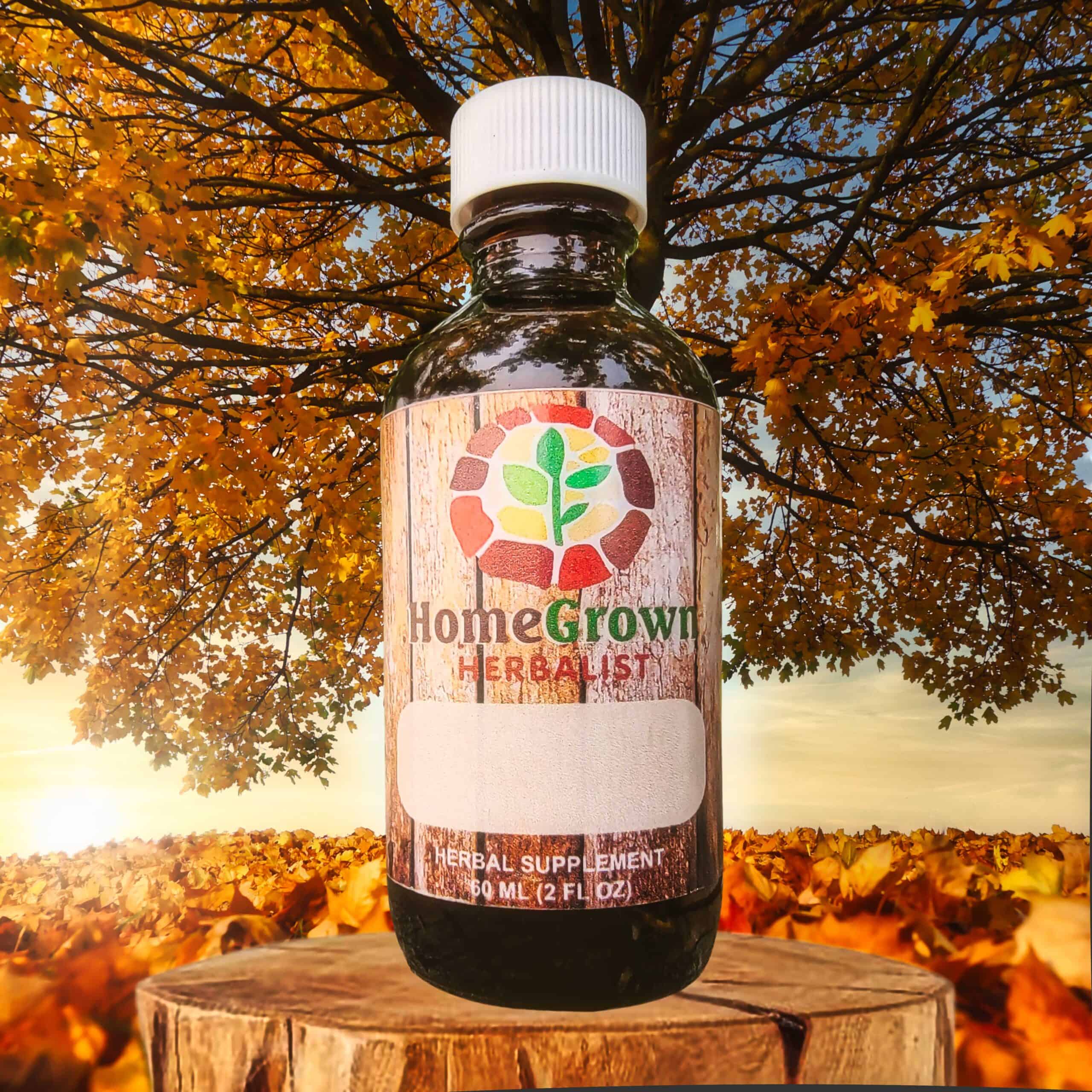
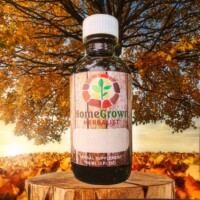
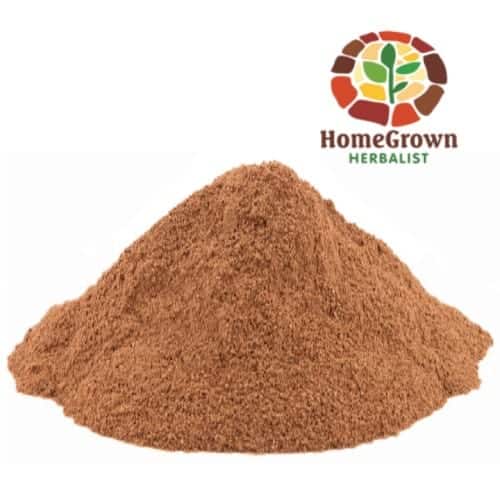
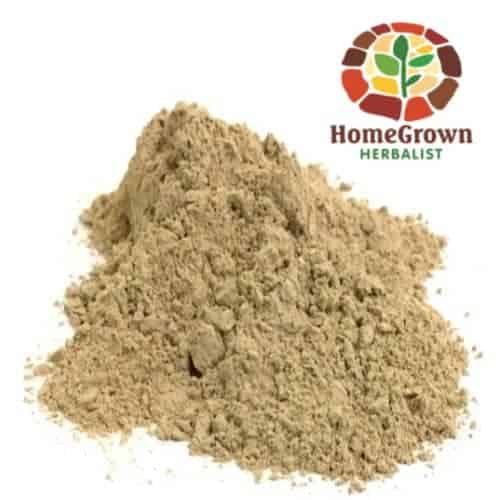
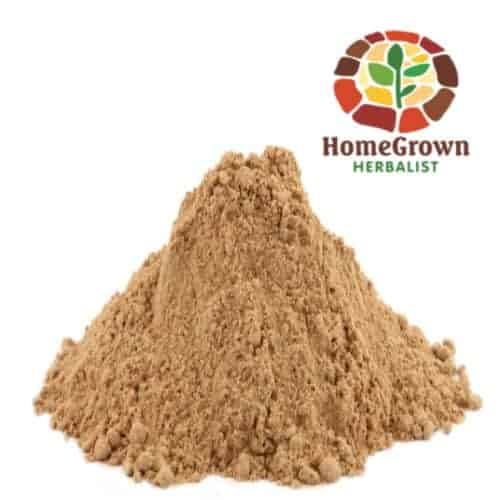
Lincoln –